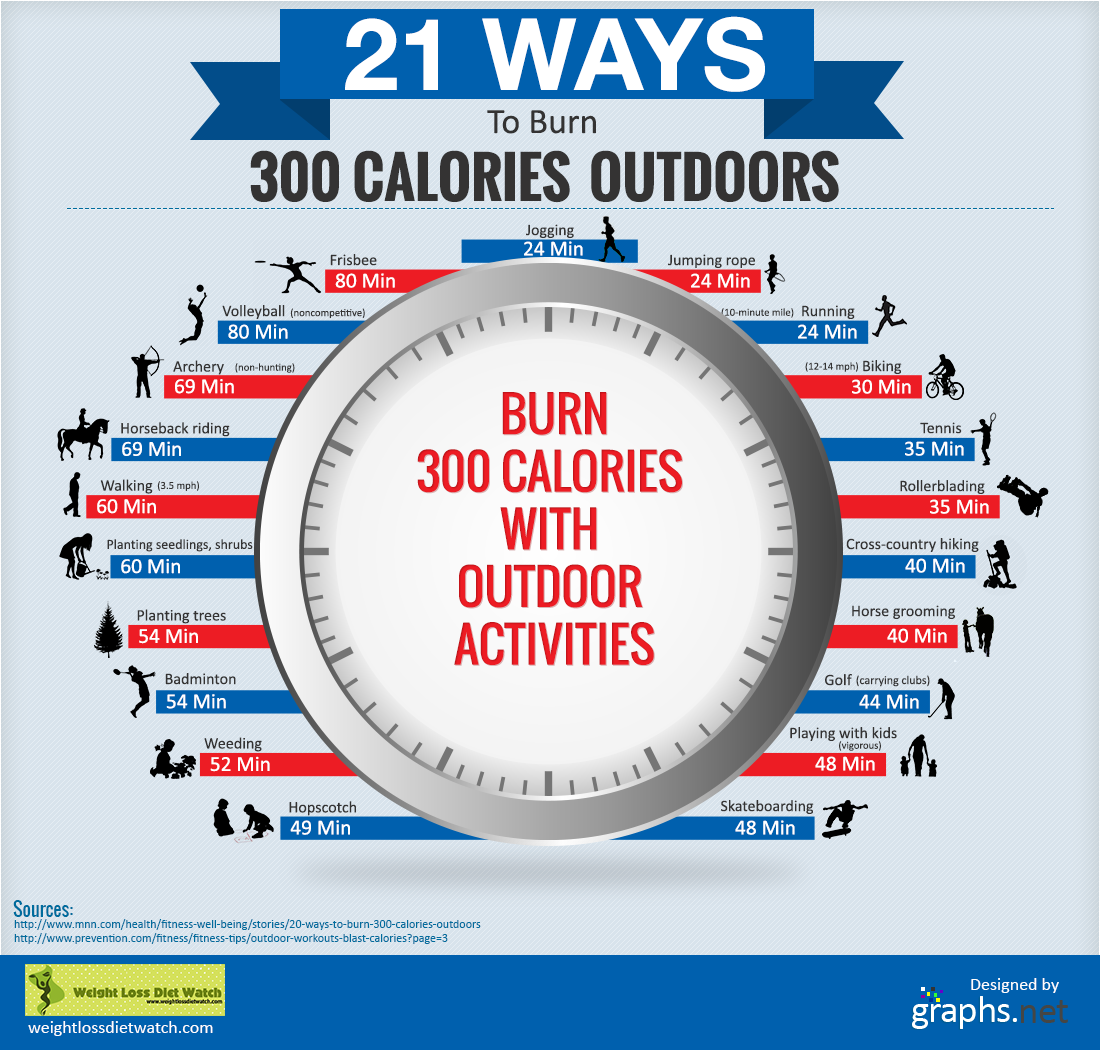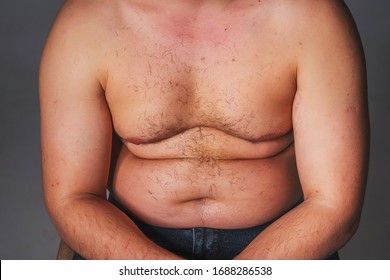
Most people reach a plateau in their weight loss journey at some point. This is not a permanent occurrence and it will pass quickly. You can resolve it by changing your diet, increasing your exercise, and reducing your sweets intake. If you don't make any changes, it is unlikely that you will see weight loss. Your weight loss might even increase.
Adequate sleep
One way to break through a weight loss plateau is to get enough sleep. The benefits of sleeping well go far beyond helping with weight loss. It is crucial to the human body's mental and physical health. It can impact our hormone levels and our metabolism rate. It can also increase your appetite and increase your fat storage. If you are looking to lose weight, it is possible to sleep seven to eight hour a night. You can also improve the quality of your sleep by setting a routine for bedtime. If you sleep seven to eight hours each night, you can reduce the amount stress and junk food that you crave.
Research also suggests that sleep extensions may help reduce energy intake. Study participants received an additional hour of sleep and saw a significant drop in their energy intake. These results suggest that sleep extensions may be an effective strategy for reverse obesity in diverse populations. Additional studies should further explore the benefits associated with sleep extension. These messages should mention sleep extension. It is not yet clear if such measures will actually help someone overcome a plateau in their weight loss.

Modifying macronutrient intake
There will be plateaus in your weight loss journey. Your macronutrients may not be working, but this does not mean they are ineffective. You just need to stay consistent in your approach. Your body may be used by the diet you are currently on. To change this, you can increase your calories or adjust your macros. Depending upon your weight loss plateau, you may need some extra calories or a higher-calorie diet. Changing your macros may help you push through the plateau and keep your weight loss journey moving forward.
Take a look at your activity and food records. You may have relaxed the rules of your diet or reduced your activity. This could be a reason. You could feel constantly hungry and overeat if you reduce your calories too much. Ketogenic diets are another popular option. Be sure to keep track and never cheat on the food that you eat. Alternate fasting or fatfasting can be done.
Dietary changes
Many people experience a plateau in their weight loss. This can be due to many factors, such as gut imbalance, hormones and immune dysregulation, inflammation, under-recovery, or gut dysfunction. It is possible to break a weight-loss plateau by changing your diet and increasing your exercise. Some dietary changes could help you burn more calories, and increase your metabolism. Get enough sleep, and you will be able to lower your stress levels.
Good news is that it's possible to still lose weight once you have reached a plateau. Although it is common to experience a plateau in weight loss, it is important to be able to recognize it and then find a way of breaking it. Look at your motivation levels and determine the reasons why you've reached a plateau. You will find the motivation you need to keep going if you're motivated.

A changing metabolism
You might be asking, "How does a weight-loss plateau occur?" This happens when your body's metabolism adapts to a lower amount of weight. The plateau lasts approximately four weeks. It can also last longer depending on the person and how much weight they have lost. You can avoid this by staying consistent and working together to lose weight. Here are some strategies to avoid a weight plateau.
The set point can be decreased by changing your diet and exercising habits. A loss rate of 10% or less is a good goal. It can be difficult to lose more weight than that. Changing your metabolism and lifestyle will ensure that you maintain your weight loss. You may reach a plateau if you lose weight that isn't sustainable. If this happens, it is important to consider the long-term benefits of weight loss.
FAQ
How often do people fast every day?
Most people who follow a ketogenic diet fast once per week. But, some people fast twice per week. And others fast three times per week.
There are many lengths to fasting. Some people fast for 24 or 48 hours, while others go for 48.
Some people may even stay awake for 72 hours. But these extreme cases are very rare.
How can busy people lose excess weight?
The best way to lose weight is by eating less and exercising more.
You will gain weight if your eat too much. You will gain weight if exercise isn't enough. You can start losing weight if you combine these simple habits.
What Amount of Weight Can You Lose In A Week?
The amount of weight that you can lose will depend on how high your body fat percentage is. The first thing to do is to calculate how much weight you want to lose and then find out what your BMI (Body Mass Index) is. Your BMI tells us how much weight you should lose in order to achieve this goal. If your BMI is 25 or greater, you're overweight. If your BMI is more than 30, you are obese.
For example, if 200 pounds is your BMI, it would be 28.7. To drop to a healthy range of weight, you will need to lose approximately 70 pounds. To see if you're overweight, visit www.healthyminds.com/bmi/.
Once you know your BMI, this formula will allow you to determine how many pounds per week you'll be able to lose.
(Your Goal Weight - Current Weight)/BMI * 7 Number Of Pounds Lost Per Week
You would need to do 2 weeks of exercise to lose 50 lbs in one month. This is equal to 56 days. Divide that by 7 pounds per week. This works out at 8.3 pounds per week.
You could also try this calculator from www.weightlosscalculator.net. It provides an estimate of the number of calories you should consume each day to lose 12 pound per week.
Can intermittent fasting interfere with my sleep?
Intermittent fasting is a good thing for your sleep. Your hunger hormones can rise if you skip meals. This can lead to you waking up early in the morning.
Experts advise skipping breakfast. Experts recommend having a light snack before going to bed.
If you still feel hungry after eating this snack, you may want to eat a small breakfast before going to bed.
However, you should not overeat. If you do, you will gain weight rather than losing it.
How to Make an Exercise Plan?
Create a routine. You should know what you will do each week and how long. This helps you plan ahead and avoid procrastination.
It is important to make sure you are getting plenty of variety from your exercise routine. Avoid becoming bored with exercise. If you do, it will be difficult to keep going.
Also, you need to keep track on your progress. It's important to see how much weight you have lost or gained over time.
You can lose weight quickly if you do not gain weight. It's harder to stay motivated if you gain too many pounds.
Find a healthy balance between losing weight and gaining weight. You'll find it harder to exercise if you don't like where you are at the moment.
What is the difference between intermittent fasting or calorie restriction?
Calorie restriction refers to eating less than what your body requires. Intermittent Fasting is different in that it doesn't restrict calories. It focuses on eating fewer calories during the day.
Intermittent fasting can be more effective as it allows you to eat the foods you love and not feel guilty.
Both methods have pros and cons. It is up to you to decide which method you prefer.
What foods should I consume during an intermittent fast to lose weight
The best way to lose weight is to cut out carbs. This means you have to cut back on carbs such as bread, pasta rice, potatoes, and any other carbohydrate-based food.
Also, you should avoid eating too many protein as it can make you feel fuller for longer. You won't feel as hungry.
Focus on foods rich in healthy fats like olive oil, avocado, nuts and seeds. These foods will keep you full for hours after you eat them.
It's vital that you get enough water. Water can help you lose fat by keeping you hydrated.
These foods may be what you crave when you eat fast. This doesn't mean that you must give in to your cravings. If you do this, you might gain more weight that you have lost.
Keep an eye on the amount of food you eat throughout the day to avoid overeating. When hunger strikes, drink a glass of water instead of reaching for another snack.
Although it might seem counterintuitive, this is actually proven to be a great way to lose weight. A study published in Obesity found that participants ate fewer calories when they drank plain water than sugary drinks.
Drinking plain water also reduced hunger. Drinking water is the best way to lose weight if you don't want sweetened beverages.
It doesn't take much to lose weight. Instead, you should make small lifestyle changes.
Start by switching your regular breakfast sandwich for a bowl oatmeal. Consider swapping out your afternoon cookie in favor of a piece if fruit.
These simple changes will help you shed weight quickly and without spending a lot of time in the kitchen.
Statistics
- According to Harvard Health, it's estimated that a 155-pound (70-kg) person burns around 167 calories per 30 minutes of walking at a moderate pace of 4 mph (6.4 km/h) (5). (healthline.com)
- One 6-month study showed that simply doing 11 minutes of strength-based exercises 3 times per week resulted in a 7.4% increase in metabolic rate, on average. (healthline.com)
- It's estimated that half of all American adults attempt to lose weight every year (1Trusted (healthline.com)
- Among women, the increase in metabolic rate was nearly 4%, or 50 more calories per day (14Trusted Source (healthline.com)
External Links
How To
How can I lose belly fat quickly?
You must know that losing belly fat is not easy. It takes dedication and hard work. You will see results if these tips are followed.
-
Healthy Food It is vital to eat healthy food. You should eat fruits, vegetables, whole grain, lean protein, nuts, seeds and legumes as well as fish, poultry and eggs. Avoid junk food.
-
Drink Water. Drinking water helps keep your body hydrated. This will make you feel fuller and more satisfied for longer periods. Make sure you drink lots of water every day.
-
Cardio exercises can help you burn more calories and increase your muscle mass. Cardio exercises help you burn more calories and build muscle mass. They improve heart health and metabolism. You should do at least 30 minutes of cardio exercise per day.
-
Get enough sleep. Healthy sleep is essential for good health. Anxiety and stress can lead to unhealthy habits, such as smoking and eating too much.
-
Reduce Stress Levels. Stress can have a negative impact on our brain chemistry, and hormone levels. Cortisol is a hormone our bodies make when we feel stressed. It increases hunger pangs.
-
Take Regular Breaks. Regular breaks are important throughout the day. Get outside to take a walk, or take some time to rest. This will allow your body and mind to rest and recuperate.
-
Avoid Alcohol Consumption. Alcohol has empty calories, and can slow down digestion. If you're trying to lose belly fat, drinking alcohol should be avoided as much as possible.
-
Have fun